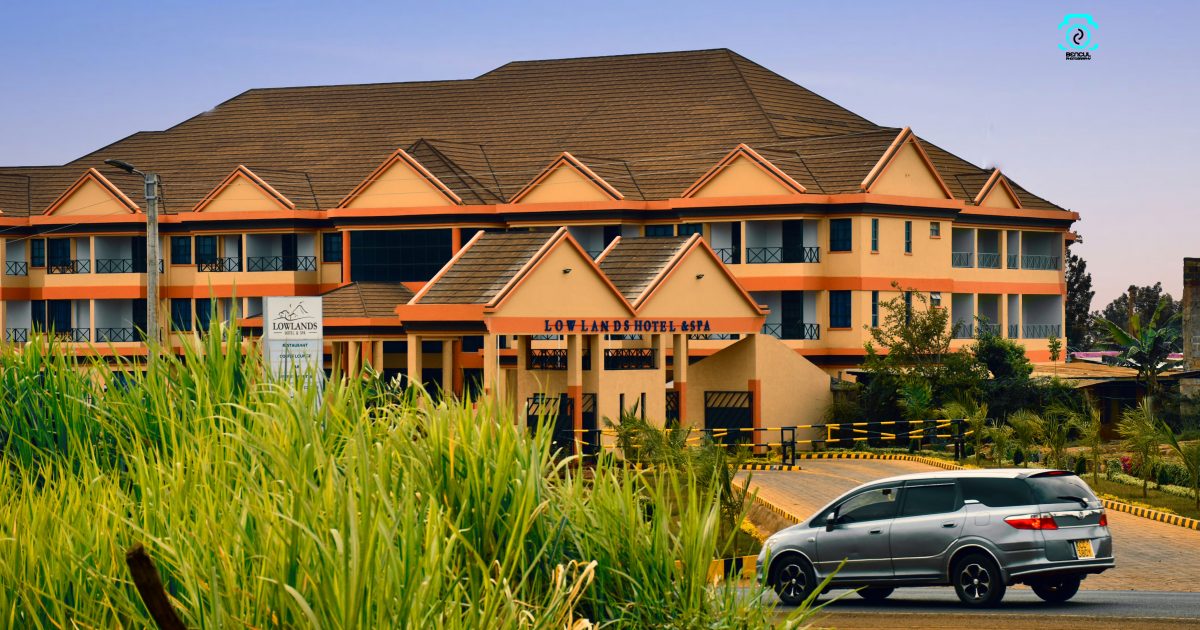Africa has the youngest and fastest growing population on earth. It is expected to double from 1.3 billion today to over 2.5 billion by 2050. However, Africa does not have the money to build what it needs. In 2014 Shelter Afrique said that “African urban areas will need 565 million additional housing units between 2015 and 2030, just to keep up with rapid population growth and urbanization”–creating a huge business opportunity. One person who has been a passionate activist for growth and innovation in this space is Paul Musembwa, the CEO of Warp Developments. I caught up with him in Atlanta to find out more.
Paul, welcome. Please tell us a little bit about what you do with Warp
I am the CEO of Warp Developments. Warp is dedicated to homeownership for all because of its impact on humanity. To quote John Hope Bryant, one of Atlanta’s greatest philanthropists, “homeownership is the hedge fund for the average middle class family.” Homeownership defines the middle class. It is the most effective tool for financial inclusion in the United States and Canada. If it works here, it will work elsewhere. My mission is to make universal homeownership a reality.
That’s a great purpose. What is the housing problem in Africa and what is the size of the market opportunity?
We should be building 40 million new homes or 160 Atlantas every year. That’s why Warp’s initiative is dubbed “A City A Year.” Africa has 54 countries. Altogether they do not build 1 million homes a year. The gap is the opportunity. 40 million modest homes require an investment of more than $1 trillion every year. The multiplier effects would add $10 trillion to annual GDP. That is 5 times current GDP. Closing Africa’s housing gap can generate 5 times current GDP! That will end Africa’s poverty.
And what are some of the myths about working in Africa that need to be dispelled?
“Africa is corrupt, politically unstable and dangerous. Land ownership is complicated. People cannot service mortgages. People are dishonest. You can’t succeed in the housing business.”
Africans say this. If we don’t believe in ourselves we should not expect foreigners to believe in us. Take a closer look. Africa is booming despite chronic underinvestment. These myths must be dispelled.
In the mid 70s Dr. Muhammad Yunus started lending money to poor women in Bangladesh. He discovered that the poor, without collateral, were better credit risks than wealthier people. That simple idea birthed microfinance and Grameen Bank. Dr. Yunus dispelled a myth that had denied finance to the majority of people in Bangladesh. He had no precedent.
Today microfinance is mainstream and impacting hundreds of millions of people. Dr. Yunus won a Nobel Prize. We have to dispel the myth that low income people anywhere in the world cannot own homes “because they are poor and/or have poor credit.” That change in thinking opens up 40 million homes a year in Africa. I say that Africa is a great place to do business.
So what kind of technologies do you think would work there?
Technology should serve our objectives. We want to make homeownership universal to elevate the standard of living. That means we should use technologies that help us build 40 million homes a year at prices people can afford. We also should attract the funding that enables people own their homes outright in ten to twenty years. Finally, we should do all this in a manner that protects the planet.

We can use building technology that creates jobs, builds skills, increases wealth, and sustains the planet. Pre-fabricated housing, interlocking mortar-less block and 3D printing can work. Then there is a fintech opportunity worth over $1 trillion a year. Most Africans are unbanked. Out of necessity, Africa is already the trailblazer in mobile money. Developed countries can’t keep up. Africa has the best use-cases for blockchain and cryptocurrency technology. The size of the opportunity makes Africa the ideal platform for innovation and experimentation. Bring the tech!
Thank you Paul. Finally, what message do you have for investors looking to participate in this giant opportunity?
Bill and Melinda Gates said that “Africa will be the world’s priority for the foreseeable future. There are 1.3 billion people. Median age of 19, whose GDP per person is under $1,600. Imagine increasing that to Malaysia’s level of $10,000 by 2030. Wow! China’s economy is massive just because hundreds of millions of people are moving into the middle class. Africa has almost as many people as China today. It will have twice as many in 2050. Does it make sense to invest in safe places like Europe and Japan with aging and declining populations? No! Interest rates don’t lie. Africa pays double digit interest rates because it needs money to grow. Europe and Japan are at zero or negative. You have to work really hard to find a modest return.
Africa needs more than $1 trillion a year just for housing. Throw caution to the wind. Risk-adjusted returns are phenomenal! If Warren Buffett was 30, he would be all-in. If you have a long-term perspective, gain mindshare now. Africa’s GDP will be at least $29 trillion by 2050. Engage now or Africa will go it alone until it doesn’t need investors. Then it will be too late. Don’t fall for the jaundiced narrative. Above all think like venture capitalists not lenders. Gamble on 100 opportunities. You will get 1 unicorn.
Source: forbes





